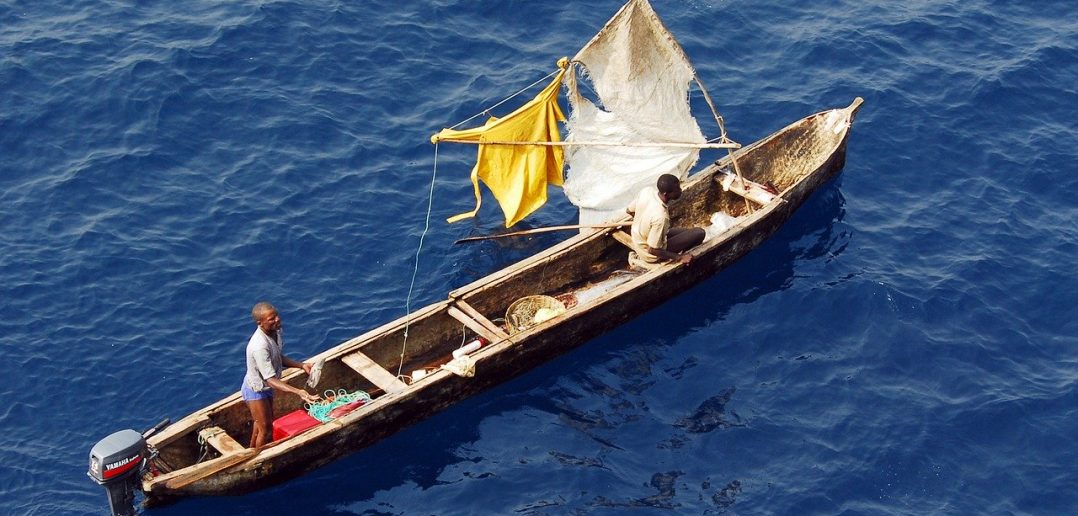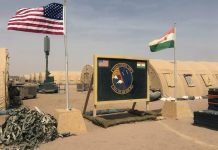Although it is a commonly held belief that piracy was only prevalent in the past, the reality is that piracy, defined as any armed robbery at sea, has been a chronic problem in many parts of the world. Ship-owners, afraid their vessels will be held up at port during an investigation, contribute to the drastic underreporting of piracy crimes.
Petro-Piracy in the Gulf of Guinea
Today, modern piracy in West African waters is on the rise. This is due to its surrounding countries’ poor economic conditions, political corruption, weak law enforcement and high unemployment. Most of all, an unregulated oil market has led to an upsurge in petro-piracy in the Gulf of Guinea. Petro-piracy targets tankers carrying crude oil and gas from the hydrocarbon-rich region of West Africa.
This is especially the case for Nigeria, Benin, Ghana, Cote d’Ivoire, Guinea, Togo and Sierra Leone. The Gulf of Guinea is currently the most pirate-infested sea, especially the Niger Delta of Nigeria. Much of the crime at sea in West Africa connects to the cumulative discoveries of natural oil and gas reserves over recent years. These discoveries have given this region the potential to become one of the largest oil producers.
The Role of Poverty
Ironically, the subsequent emergence of West Africa as a world leader in the energy trade had the effect of creating more poverty. Due to corrupt policies, the only ones to benefit from the industry have been the central governments, oil companies and a few wealthy locals. Already, indigent fishermen in western Africa turned to piracy to amass wealth through raiding and hijacking ships, kidnapping crew members and often holding them for ransom.
United Nations research shows that poverty and lack of available jobs are the predominant motivation for piracy. But now, the common abuses of the oil industry have prompted the formation of organized criminal groups for the purpose of seeking economic justice through petro-piracy. These groups include the Niger Delta Avengers, Niger Delta Greenland Justice Mandate, Bakassi Strike Force and Movement for the Emancipation of Niger Delta. The gangs take hostages for ransom in the most oil-rich countries, like Nigeria and Ghana, to protest. Some of the least developed and unemployment-ridden states in West Africa happen to be the wealthiest. These petro-pirates have set up illegal refineries to process the gains from stolen crude oil.
The Role of Corruption
Piracy is decreasing steadily in the rest of the world. However, there is a recent upsurge in piracy in West Africa. Due to its unlikeness to the eastern areas of the continent, pirates specifically target the Gulf of New Guinea. The states along the west coast lack powerful national navies to patrol the seas. They are also missing strong legislation to prosecute criminals. In addition, they lack sufficient finances to build maritime security and effective methods to combat the corrupt officials.
In Nigeria, especially, the line between legal and illegal activity in the oil industry is very blurred. The rate of piracy in this region has been climbing since 2013. Reports of 112 known incidents of piracy in West Africa occurred in 2018 alone. The majority of the attacks were by Nigerian petro-pirates. According to the Nigerian navy, an estimated 200,000 barrels of crude oil are stolen by pirates each year, costing the country an annual $200 billion. Thus poverty-caused piracy causes more poverty, allowing the vicious cycle to continue.
As long as poverty, corruption and weak maritime security continue to exist in West Africa, petro-piracy will continue to grow. New legislation to address corruption in governments and to reform the oil industry is necessary. Above all, the region would greatly benefit from aid to alleviate the poor economic situations that lead to piracy.
– Sarah Newgarden


